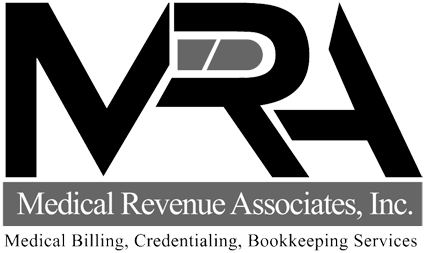One of the most crucial aspects of managing a medical practice is to ensure that the finances are in order, something that is critical for being able to maintain the operation of the medical practice. Revenue cycle management (RCM) is another terminology for Accounts Receivable, or the collection of insurance carrier and patient payments which helps a medical practice keep their finances in order.
Step 1: Choosing Your Electronic Medical Records (EMR) System
An integral role in RCM is choosing an EMR system, which includes medical billing software. Some practices choose to self-manage their billing systems through administrative and/or billing staff, while others will outsource to a third-party company to handle billing.
Step 2: Submitting claims
Billing staff must submit claims for medical procedures and services provided in order to receive payment. Error-free claims can help hasten the process, and certain software can help catch mistakes before claims are submitted.
Step 3: Receiving payment
After the primary and/or secondary insurance carrier has paid their portion of the claim, there may be a patient responsibility. The provider of service must bill the patient directly to collect the balance, which may be due to co-pay, co-insurance, and/or deductible balances. Patients should have the option of paying directly by check or credit card to the practice or through an online source.
Step 4: Managing denied claims
Practices can lose revenue through denied claims. If a claim is denied, all efforts should be made to adjust and resubmit the claim before the appeal deadline and revenue is lost. This task can be extremely time consuming because the carriers will place you on hold for up to 45 minutes. There are also timely filing rules for follow-up of denied claims.
Step 5: Generate reports
Many RCM programs or third-party companies can generate reports to make sure financial milestones are being met, and to see if there are any areas of improvement in the practice’s RCM process.
Revenue Cycle Management is an intricate process, and ensuring the proper staff and programs are used are important to make sure a practice is staying financially profitable and can continue to provide high-quality care for patients. If you’re looking for the a highly qualified medical billing service for your practice, then contact Medical Revenue Associates to get started.

Leave a Reply